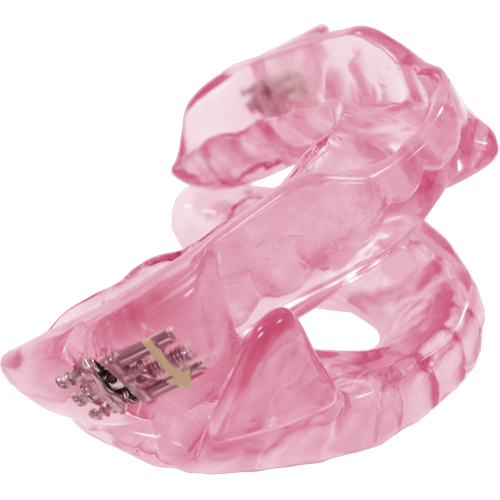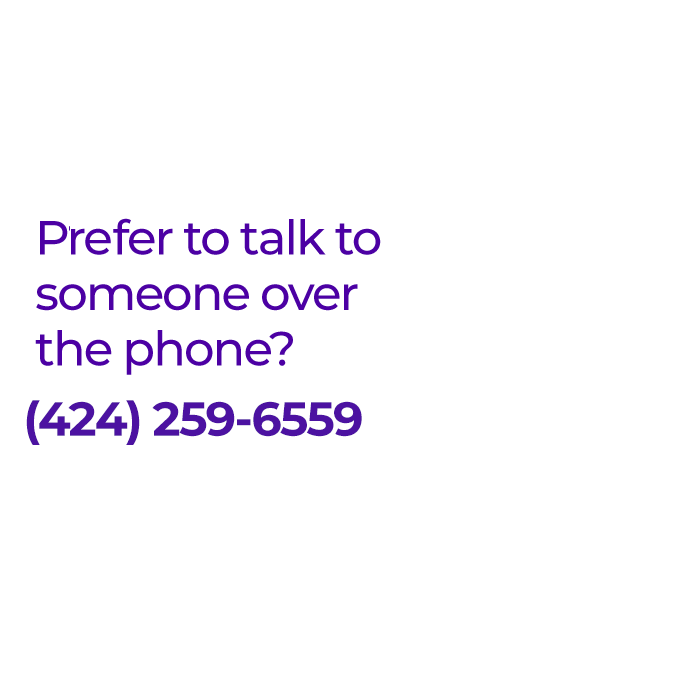This past Friday, I had the privilege of speaking to the Western Los Angeles Dental Society about the surgical evaluation and treatment of obstructive sleep apnea and snoring during an educational course about sleep dentistry. My grandfather was a dentist in Los Angeles who practiced for over 50 years, and I have always had tremendous respect for dentists. A sleep dentist plays an important role in providing special mouthpieces (called oral appliances, mandibular repositioning appliances, or mandibular advancement devices) that hold the lower jaw (mandible) in a forward position during sleep. Studies have shown that an oral appliance for sleep apnea or snoring can work well in some patients. I see many patients who have been treated with an oral appliance for sleep apnea or snoring in my practice. While some patients have had real success with oral appliances, others may have trouble tolerating them or may simply not achieve enough of an improvement. It is the last group of patients where surgeons and dentists can do better.
Surgeons and Dentists Working Together to Improve Results
Whenever I give talks to dentists, I stress the often-overlooked complementary role that dentists and otolaryngologist–head and neck surgeons can play in the treatment of obstructive sleep apnea and snoring. The best way to explain this is through the anatomical framework of thinking about sleep apnea and snoring treatment that I outline on my main website: sleep-doctor.com. Different patients can have blockage of breathing in one or more of the nose and throat: what I call the Nasal Region, Palate Region, and Tongue Region. An oral appliance for sleep apnea or snoring primarily treats the Tongue Region and can work well for many patients who have blockage of breathing there. However, an oral appliance will not work as well, by itself, if a patient has blockage of breathing in the other areas of the breathing passages. An otolaryngologist–head and neck surgeon can provide treatment to enhance the benefits of an oral appliance in the following ways:
- Treatment of the Nasal Region with nasal medications or surgery
- Surgery of the Palate Region that is often not addressed by an oral appliance
In my practice, I recommend an oral appliance for sleep apnea or snoring in patients who have a small lower jaw or in whom my evaluation (including possible drug-induced sleep endoscopy) shows that advancing their lower jaw will really open the space for breathing in their throat. Often times, I will combine this with other treatments that address other causes of their sleep apnea or snoring. An oral appliance for sleep apnea or snoring is not for everyone because, like any treatment, they can be uncomfortable (preventing someone from sleeping comfortably) and do have some potential side effects. The side effects include temporomandibular disturbances related to stress on the jaw joint (TMJ) and muscles, tooth movements that can change a patient’s bite, or tooth pain. However, the important thing to remember is that, if patients sleep comfortably while wearing them at night, oral appliances can work well, especially if dentists and otolaryngologists work together to treat the patient with the full array of options, including possible surgery in combination with the oral appliance.





+ 35 = 42